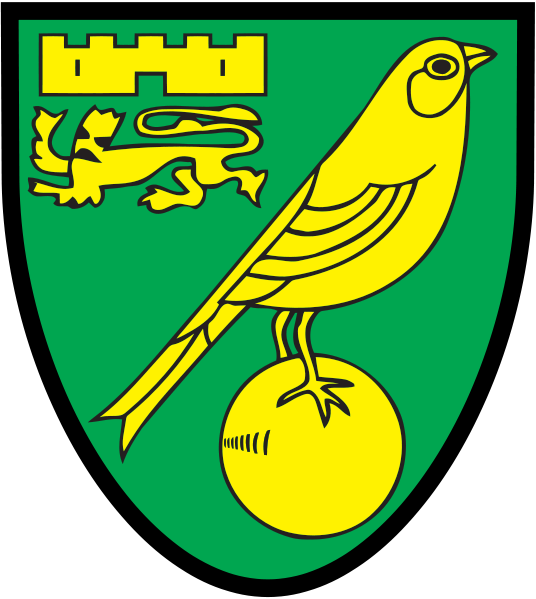Onel Hernandez, the Cuban winger for Norwich City, recently marked a significant milestone by celebrating his 200th appearance for the club. This achievement has reignited discussions among fans and analysts regarding his future at Carrow Road. Since joining from Eintracht Braunschweig in January 2018, Hernandez has become a polarising figure, eliciting both admiration and criticism from the fanbase.
Some supporters have raised concerns about Hernandez's goal-scoring record, arguing that it undermines his overall impact on the team. However, many others appreciate his ability to change the course of a match, particularly when introduced as a substitute. Hernandez himself has acknowledged the need to improve his attacking contributions, especially following his return from injury, indicating a renewed commitment to enhancing the team's fortunes.
The recent transfer speculation surrounding teammates Jonathan Rowe and Abu Kamara makes Hernandez's steadfast dedication to Norwich all the more noteworthy. His loyalty is symbolised by a tattoo of the club badge on his arm, which resonates deeply with fans who value his authenticity and passion—qualities that stand in stark contrast to the often polished personas of modern footballers.
Hernandez's strong connection with the fanbase and his understanding of the club's ethos significantly enhance his value within the dressing room, particularly for head coach Johannes Hoff Thorup and sporting director Ben Knapper. Nevertheless, it is essential for the management to assess Hernandez's on-field contributions with a critical eye, particularly regarding his ability to influence matches.
Recent performances, especially during the festive period, have highlighted Hernandez's potential to make a difference. His impressive run and assist in the match against Luton Town showcased his skill set and ability to impact games. Norwich fans have long appreciated his direct style of play, particularly in the Championship, where his energy and ball-carrying capabilities can disrupt opposition defences.
Despite concerns about his stamina and starting capabilities, notably raised by former head coach David Wagner, Hernandez has proven to be an effective substitute. His role as an impactful player off the bench has gained importance, especially with the introduction of five substitutes in modern football. His knack for invigorating the team in the latter stages of matches can be crucial for securing points in tightly contested encounters.
Coaches are increasingly focused on maximising player contributions during various phases of a match, and Hernandez's dynamic playing style remains vital for Norwich, particularly in decisive moments. His recent performance against Coventry, where he adeptly exploited space, played a significant role in an unexpected comeback.
Thorup's recognition of Hernandez's strengths, particularly following the departure of Ashley Barnes, underscores his tactical awareness. Hernandez's physicality and ability to threaten behind opposing defences create valuable opportunities for his teammates, aligning well with the team's tactical requirements.
While Hernandez's unpredictable style may seem at odds with Thorup's preference for a more patient, possession-based approach, his recent displays have demonstrated his capacity to adapt effectively. The challenge for Hernandez now is to consistently prove his worth to the management as the team evolves.
As Norwich City contemplates its future direction, discussions surrounding Hernandez's contract will be crucial. The club's ambition to nurture younger talent does not diminish the necessity for experienced players. Hernandez must continue to deliver standout performances to secure his place in the squad, and this ongoing dialogue will be pivotal as Norwich moves forward, as noted by The Pink'un.
